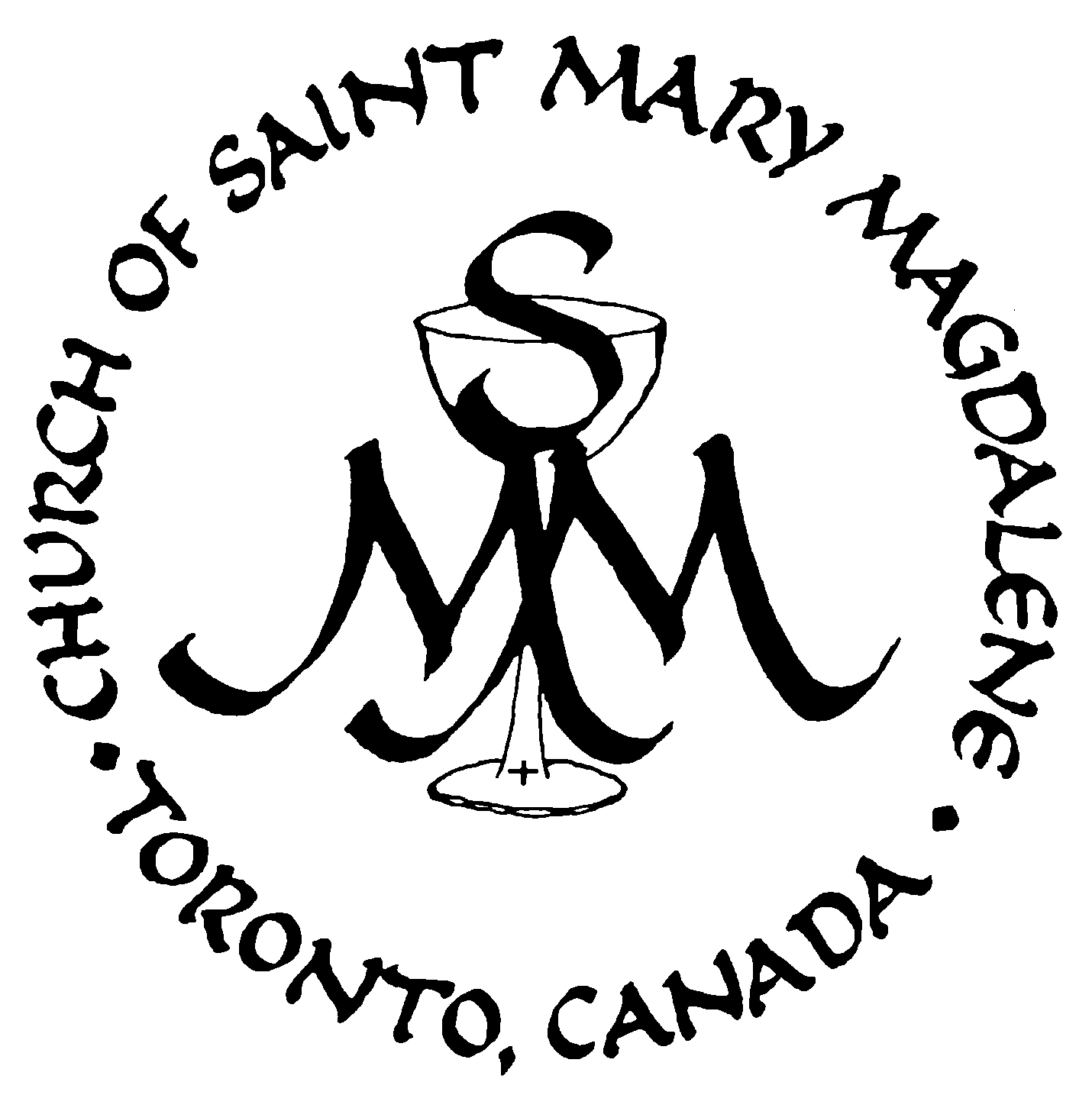Meditation - Advent III
The first Magnificat antiphon of the Advent Office, the first office of the season, reads: "Behold, the Name of the Lord cometh from far: for his glory filleth the whole earth." This is based on the thirtieth chapter of the Book of Isaiah.
The Chapter of the Vespers of Christmas Eve reads: "The people that walked in darkness have seen a great light: they that dwell in the land of the shadow of death, upon them hath the light shined." This is from the ninth chapter of the Book of Isaiah.
If late Lent is the season of Deutero-Isaiah and the Servant songs, Advent is the season of prophecy generally, of looking beyond exile to salvation. Of that prophecy, Isaiah - the three prophets of one school collected in a single book - is the primary source. (I always associate Advent strongly with the beginning of Handel's Messiah, which is also the beginning of Deutero-Isaiah, and an Old Testament Lesson for the Second Sunday of Advent).
Below is my test for Advent III:
Other prophets are the source of some of the great Advent tropes. Jahaziel ("the son of Zechariah, the son of Benaiah, the son of Jeiel, the son of Mattaniah") in 2 Chronicles 20 provides the basis for the responsory for the reiterated theme for the Christmas Eve office "O Judah and Jerusalem, fear not, nor be dismayed; tomorrow go ye forth: for the Lord will be with you." Joel provides the basis for the psalm antiphon for Advent I: "In that day the mountains shall drop down new wine: and the hills shall flow with milk."
Prophecy as the term is used in the Old Testament, is not so much about foretelling the future as giving meaning to it. The prophets present the pattern of God's dealing with humanity. In Christian reading this also means that they are read with the tools of typology to hand, mapping our current existential state to that of the exiles of Judah and Jerusalem.
Original sin was not and is not a Jewish doctrine - the fall of Adam is a major factor only from Paul onwards. But even in the Old Testament the tendency of humans to stray and then be welcomed back is a repeated pattern, dominant in many of the prophets and woven elsewhere into the texture of salvation history.
Advent prophecy in particular is about the welcoming back. If one half of the prophetic message was the scourging of those who violated the norms of justice and oppressed the poor, the other half was the announcing of restoration after the natural repayment for those deeds. After the exile, the return; bread for the hungry, wine for the thirsty; a world which will respond to our needs.
This year's full offertory for for Advent III, offers a meditation on exactly that restoration:
"Lord, thou art become gracious unto thy land: thou hast turned away the captivity of Jacob: thou hast forgiven the offence of thy people. V. Thou hast covered all their sins: thou hast taken away all thy displeasure. R. Thou hast forgiven the offence of thy people. V. Show us thy mercy, O Lord, and grant us thy salvation. R. Thou hast forgiven the offence of thy people."
--
James Burbidge
